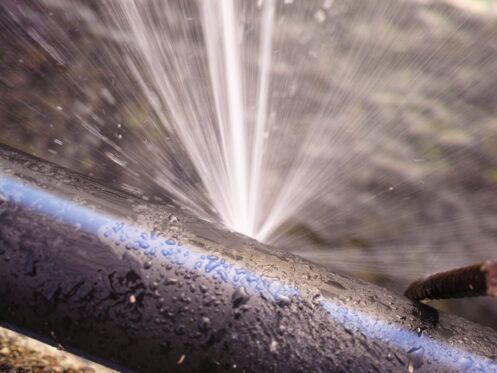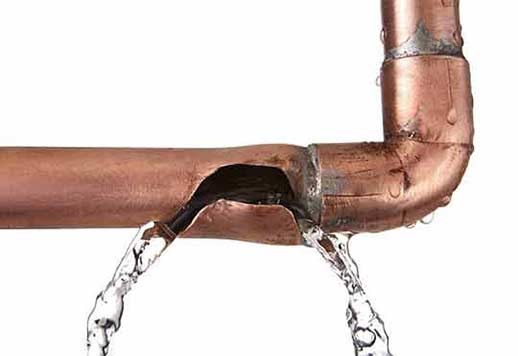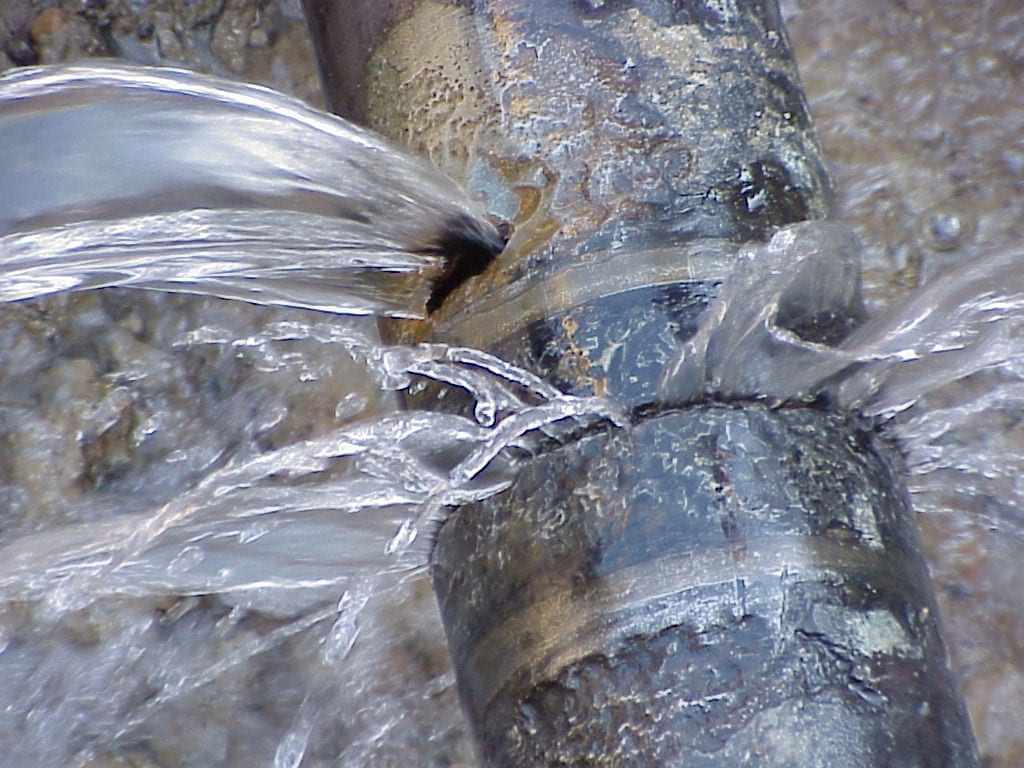How to Handle a Burst Pipe: Essential Steps for Immediate Action
Stopping Ruptured Pipes: Essential Tips to Secure Your Pipes
Avoiding burst pipelines is an important worry for house owners, specifically during chillier months when the danger of freezing is increased. Executing critical measures such as correct insulation, routine examinations, and maintaining consistent indoor temperatures can considerably lower the chance of pipeline failing. Additionally, comprehending emergency treatments outfits home owners to respond promptly to potential plumbing issues. Many are not aware of the certain vulnerabilities that their pipes might encounter. Checking out these vulnerabilities can offer important understandings right into guarding your plumbing system effectively.
Understand Pipe Vulnerabilities
Comprehending pipe vulnerabilities is important for efficient pipes maintenance and stopping expensive damages. Numerous variables add to the vulnerability of pipes to ruptureds, consisting of material composition, age, and ecological problems. Older pipelines, specifically those made from galvanized steel or polybutylene, usually degrade gradually, resulting in raised threat of ruptures and leakages.
Temperature changes can also dramatically impact pipe integrity. In chillier environments, water trapped in pipelines can ice up, increasing and applying pressure on the pipeline walls, which might inevitably lead to a ruptured. Furthermore, high water stress can strain pipelines, especially at joints and bends, heightening the probability of failure.

Insulate Water Lines Correctly
Correct insulation of pipelines is essential for protecting against freezing and subsequent bursts during winter (burst pipe). Shielding your pipes system effectively safeguards against temperature drops that can cause pricey damages. Begin by determining prone areas where pipes are exposed to exterior temperature levels, such as cellars, attics, and exterior walls
Use foam pipe insulation sleeves or cover insulation tape around these locations to give a safety barrier. Make certain that all areas of the pipes, particularly those with limited heat direct exposure, obtain adequate insulation. Pay special attention to fittings and joints, as these are a lot more prone to freezing.
When insulating, it's vital to select materials that satisfy local building regulations and are ideal for the details atmosphere. As an example, fiberglass insulation is frequently suggested for its thermal resistance residential or commercial properties - burst pipe. Additionally, think about using warmth cables or tape in extreme problems, which can be plugged in to offer supplemental warmth
Routinely evaluate insulated pipelines for any type of indications of wear or damages, as compromised insulation can lessen its efficiency. By taking these positive measures, you dramatically reduce the risk of pipe bursts, ensuring a trusted plumbing system throughout the winter months.
Maintain Consistent Temperature
A steady indoor temperature level is necessary for avoiding burst pipelines throughout the frigid months. When temperatures decrease, water within pipes can freeze, developing and increasing stress that might inevitably cause the pipelines to ruptured. To minimize this threat, homeowners ought to maintain a constant temperature level throughout their home, preferably no reduced than 55 ° F(13 ° C)Using a programmable thermostat can assist handle indoor temperatures efficiently, guaranteeing that spaces with plumbing remain warm even when the house is unoccupied. Pay special focus to locations that are much more vulnerable to cool, such as garages, basements, and attics. Maintaining closet doors open under sinks can also allow warmer air from the home to flow around pipes.
This minor flow of water can stop cold by minimizing stress within the pipelines. By implementing these strategies, property owners can dramatically lower the risk of pipe bursts and safeguard their plumbing systems against the harsh winter aspects.
Regularly Check Pipes
Normal examinations of pipes systems are crucial for preventing burst pipes and maintaining overall home honesty. Routine checks enable property owners to determine prospective problems before they intensify right into expensive fixings or significant water damages. During these evaluations, Read Full Report it is important to take a look at noticeable pipes for signs of corrosion, leakages, or use. Pay special focus to locations susceptible to freezing, such as basements, attic rooms, and outside walls.
Furthermore, evaluating connections and joints is essential, as these factors are typically susceptible to leakages. Property owners must also assess water pressure degrees, as excessive pressure can stress the pipes system and boost the danger of pipe ruptureds.
Consider scheduling specialist pipes inspections at least when a year, specifically prior to winter, to ensure your system is prepared for chillier temperature levels. By being aggressive in your strategy, you can safeguard your home versus the expensive and disruptive repercussions of ruptured pipelines.
Know Emergency Situation Treatments
Understanding emergency procedures is important for each house owner, specifically after performing normal pipes examinations. Being prepared for a pipes emergency situation can considerably reduce damage and save costs. First, locate your main water shut-off shutoff; it is typically found near the water meter or where the check my reference major line enters your home. Familiarize yourself with its procedure, as closing off the water supply quickly can prevent extensive flooding.
Next, keep important tools convenient. A pipes emergency package ought to include a wrench, plunger, and towels, along with a flashlight and a container for little leaks. In addition, consider having the call information for a trusted plumbing readily offered, ought to the scenario intensify beyond your control.
If you identify a leak or ruptured pipe, immediately transform off the water supply and alert your plumbing. Document the damages with photographs for insurance policy purposes. Recognize the signs of prospective pipes issues, such as uncommon water stress fluctuations or damp areas on wall surfaces
Ultimately, aggressive knowledge and swift action are crucial in taking care of plumbing emergency situations, guaranteeing your home remains secured and decreasing potential damage.

Verdict
Finally, stopping burst pipelines requires a complex technique that includes understanding pipeline vulnerabilities, correct insulation, preserving regular indoor temperatures, normal examinations, and understanding of emergency treatments. By applying these vital methods, the threat of pipes failures can be considerably minimized, therefore guaranteeing the long life and efficiency of the plumbing system. Proactive actions Go Here not only safeguard versus possible damage but likewise add to overall water preservation and the security of building.
In colder climates, water caught in pipes can ice up, expanding and exerting pressure on the pipe wall surfaces, which may ultimately lead to a ruptured. When temperatures decrease, water within pipes can ice up, producing and broadening stress that might inevitably cause the pipelines to ruptured. By carrying out these strategies, house owners can substantially decrease the threat of pipe bursts and safeguard their pipes systems versus the harsh winter season aspects.
